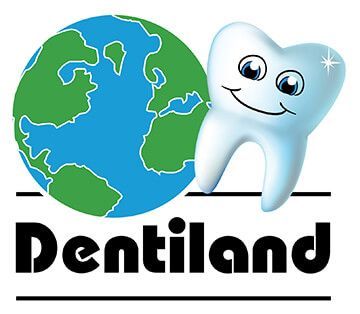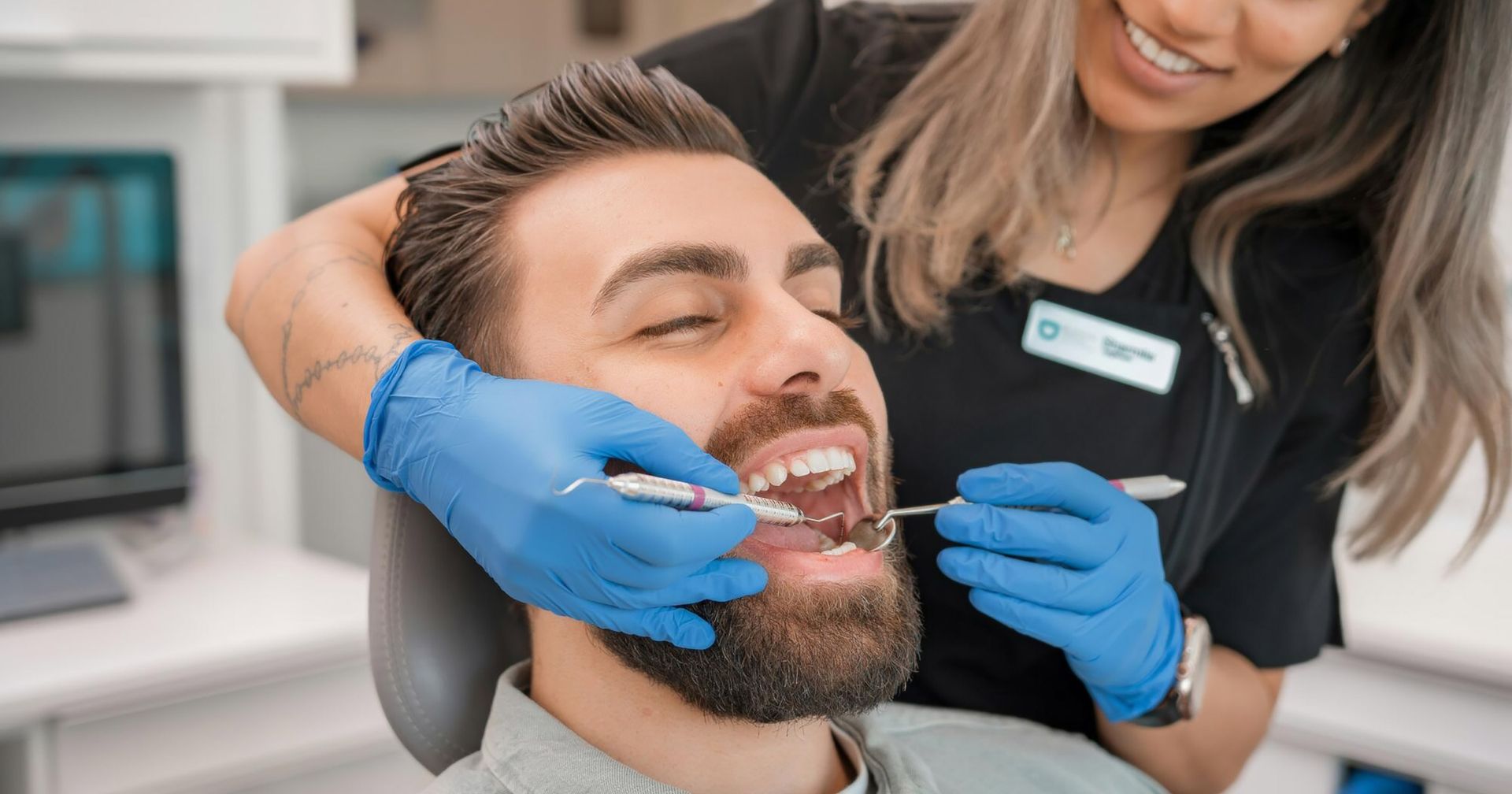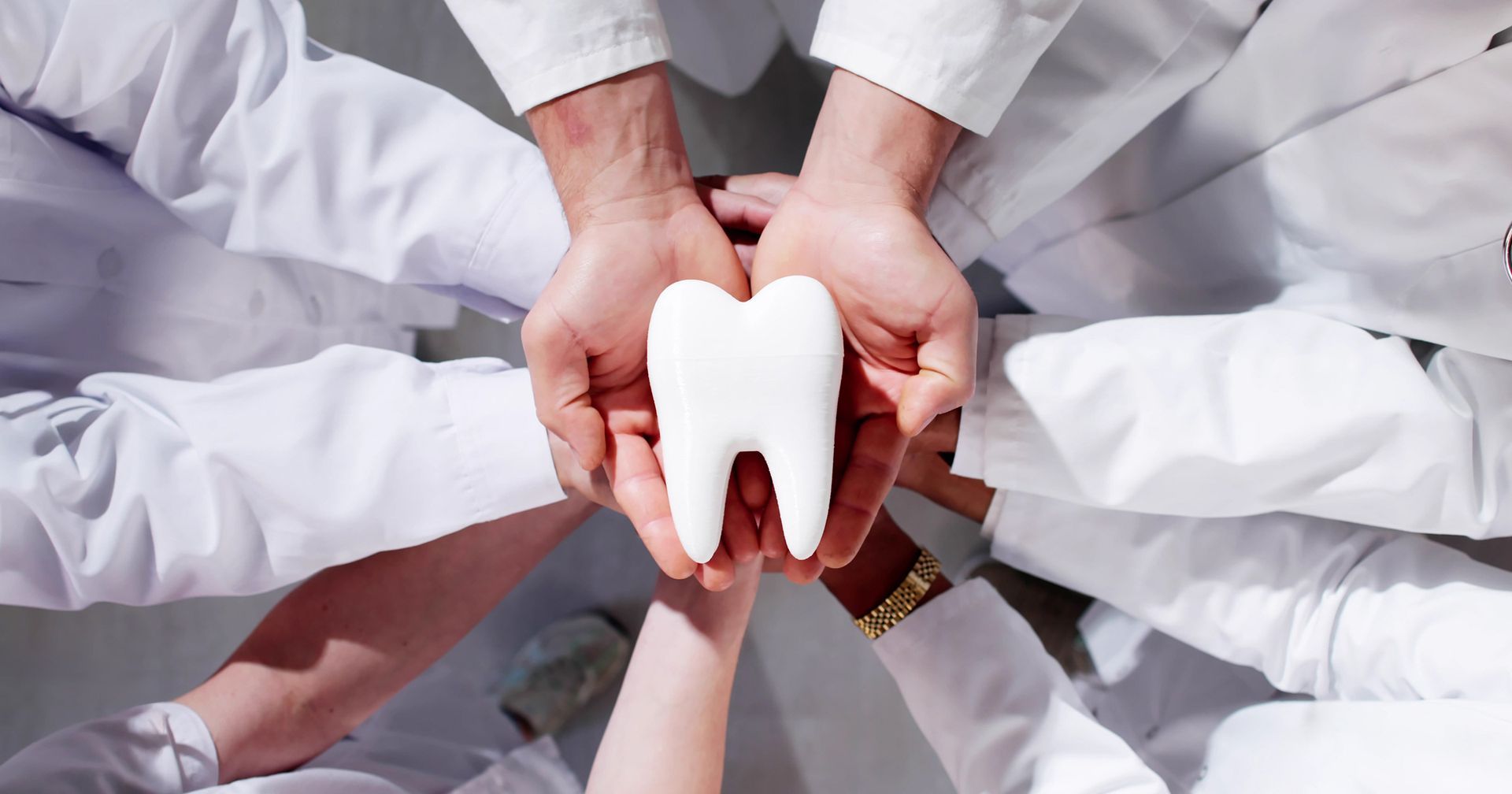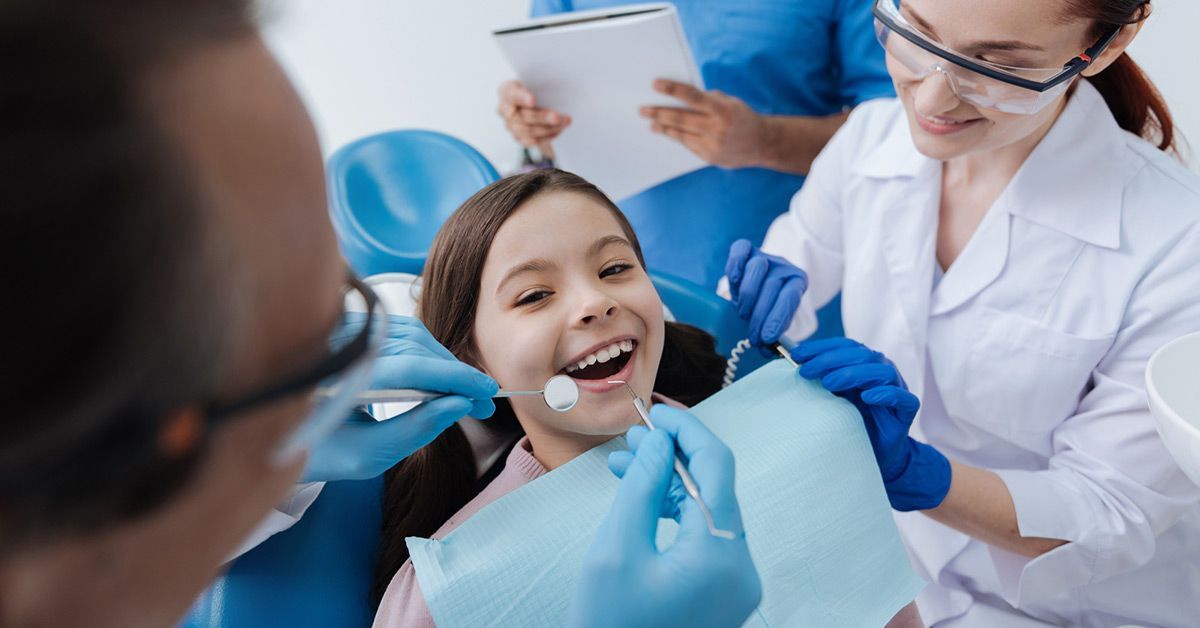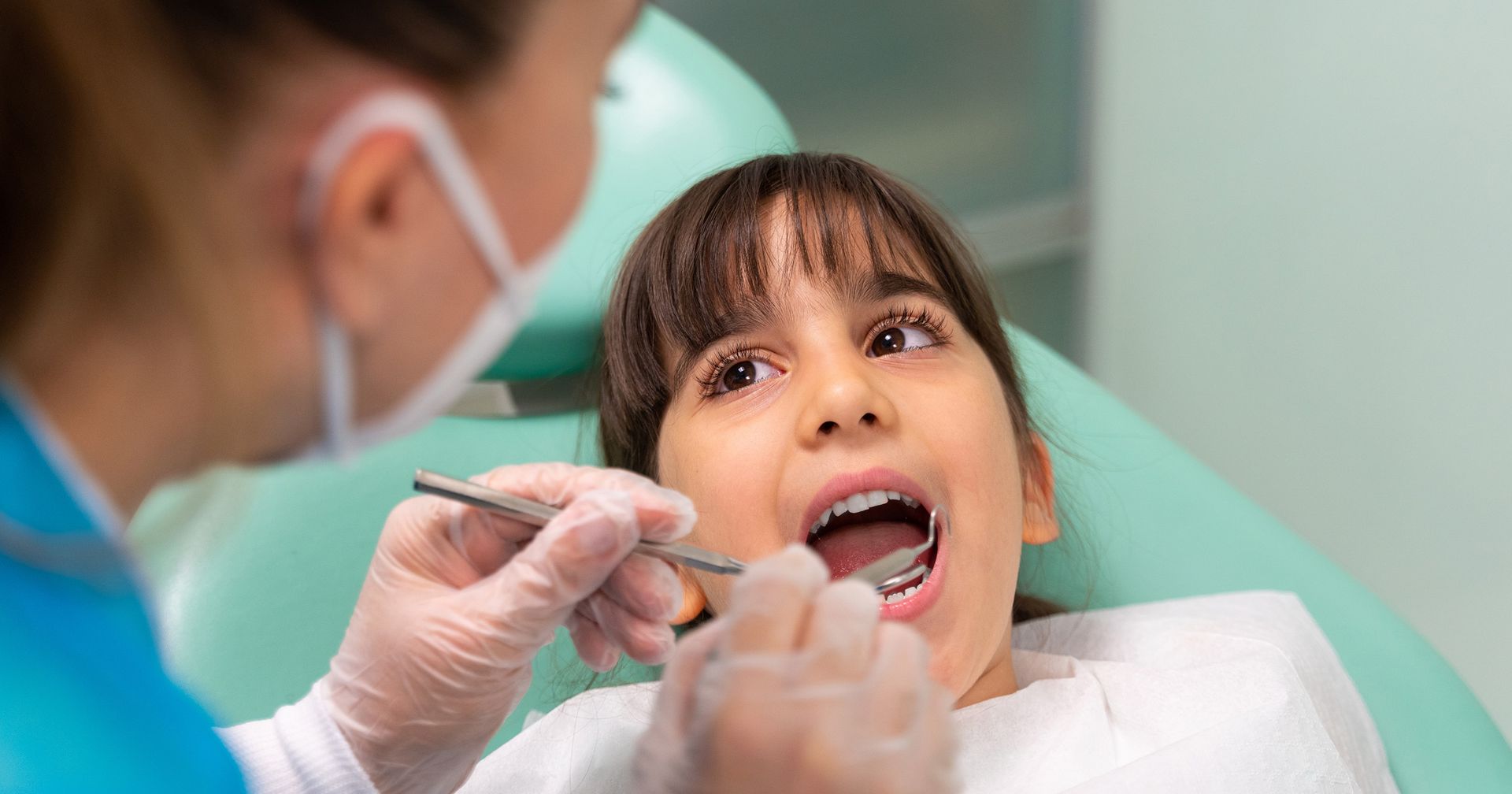How Do You Know if You Need Braces?
There are many benefits of getting braces for your teeth, but how do you know if you need braces? Our guide right here has you covered!
Have you ever wondered what life would be like with perfectly straight teeth? Maybe you'd have an easier time biting the lettuce out of a sandwich, flossing would no longer be a struggle, or you'd finally feel confident smiling in front of others.
If you're unhappy with your teeth or have problems with your bite, orthodontic braces could be a great option for treatment.
How do you know if you need braces or if you should get them for your child? To find out some of the most common reasons people invest in tooth straightening, keep reading.
You Were an Early Bloomer
Most children's baby teeth erupt and fall out according to the same general schedule. This means their first teeth will pop up when they reach six months and they'll have a full smile by about age three. They'll start losing their teeth around six or seven years old.
If you or your child started losing your baby teeth ahead of schedule (or they were knocked out prematurely), you might have had open gaps that a permanent tooth didn't fill until much later. This asynchronous tooth loss and growth can lead to crooked or displaced teeth as your smile shifts to fill the gaps. Braces can repair this shifting and bring your teeth back to their correct spots.
Gaps, Crowding, and Crooked Teeth
Do your teeth overlap each other or have wide spaces between them? Did some of them grow at an odd angle? Do you have spaces left behind from missing permanent teeth?
If you answered yes to any of these questions, you might be a good candidate for braces. This treatment can straighten out even the most crooked of teeth, leaving you with a smile you're confident in and ready to show off.
Malocclusion
The term "malocclusion" comes from the prefix mal-, meaning wrong, and occlusion, meaning alignment. It refers to teeth that aren't lined up correctly in your mouth. This misalignment results in your upper and lower teeth not fitting together properly when you bite down.
There are three main classes of malocclusion that braces can fix.
- Class 1: slight overlap of the upper teeth on top of the lower teeth with a normal bite
- Class 2: significant overlap of the upper teeth on top of the lower teeth, also called an overbite
- Class 3: lower jaw protrudes and causes significant overlap of the lower teeth on top of the upper teeth, also called an underbite
Class 1 malocclusion is the most common, as very few people are born with perfectly straight teeth.
While many people have misaligned bites due to genetics (uneven jaw size, small mouths, etc.), you can also develop it for other reasons. Some secondary causes of malocclusion include thumb-sucking, uneven dental repairs, dental appliances, and jaw injuries.
Braces can correct malocclusion by aligning your teeth with each other so they fit together without issue. If you have a severe class 2 or 3 problem, you may also need an orthodontic appliance along with braces to correct your bite.
Jaw Pain and Mouth Breathing
Many people deal with pain from TMJ that comes and goes every once in a while. If your jaw pain is permanent, though, it could be a sign of misalignment. The same goes for jaw clicking or shifting when you open your mouth, chronic mouth breathing, biting your cheeks when you chew and having your lower teeth hit the roof of your mouth.
Talk with your dentist if you experience any of these problems to see if braces could help or if they're due to another health concern.
"Do Braces Hurt?" and Other Frequently Asked Questions
Have you answered the question of "do I need braces" with a yes? If so, there are probably a few new things you're wondering about. Let's go over a few of the most common questions our patients ask us about the process of getting braces.
Do Braces Hurt?
"What do braces feel like?" and "do braces hurt?" are two of the questions we hear the most from patients. While they can be uncomfortable at first, you'll get used to having braces in your mouth within a few days. Your mouth may also feel sore after your braces get tightened, but you can manage it with over-the-counter pain medicine and ice.
If you're very concerned about the discomfort of braces, talk to your dentist to see if you qualify for Invisalign treatment instead. There is almost always some minor discomfort when your teeth shift positions, but Invisalign aligners are smooth and gentler on your mouth than braces.
How Long Do I Have to Wear Braces or Invisalign?
Just as each person's mouth is unique, so is their orthodontic treatment. Your dentist or orthodontist is the only one who can tell you how long your treatment will last. Even so, most people wear braces for 1-3 years, while Invisalign treatment takes anywhere from 6-18 months.
What Are the Benefits of Straight Teeth?
The best-known benefit of straight teeth is a picture-perfect smile. Did you know, though, that tooth straightening can also improve your oral health?
Straighter teeth are much easier to keep clean because they don't overlap and trap pockets of bacteria and debris between each other. They're also less likely to wear unevenly or chip or crack when you bite down. As such, getting braces can help you avoid cavities and other tooth damage in the future.
How Do You Know if You Need Braces? Ask Your Dentist to Find Out
Now that you understand the reasons that people have their teeth straightened, how do you know if you need braces or aligners? You can get a good idea on your own, but the only way to find out for sure is to ask your dentist to evaluate your smile.
If you're looking for a dentist that offers orthodontics and tooth straightening, visit Dentiland in Tijuana, Mexico. Our friendly team provides top-notch dental and orthodontic care to patients of all ages in Mexico and the US. Contact us online or give us a call today to schedule your first appointment.
